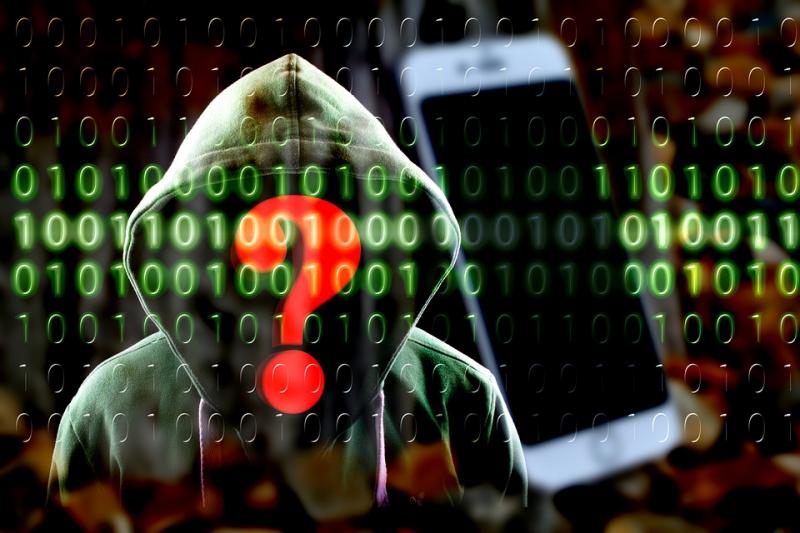In today’s world, gaming has gone digital thanks to the vast Internet penetration in Norway and many other parts of the globe. Thus, players from different locations, thousands of kilometers apart, can easily connect on one platform to take part in all their favorite games whenever they like, across various devices, from computers to mobile phones.
However, the wide world of Internet gaming is also marred with cybersecurity issues, as online players usually share tons of data that can be used against them. Cases of identity theft have become a headache online, and so is the theft of financial details that iGamers share to access the different real money games available.
Fortunately, licensed and regulated online gaming operators such as Vulkan Vegas login take these threats seriously, and that is why they constantly deploy new technology to keep the security airtight. Today, we take a look at the said technological measures implemented to ensure that players enjoy themselves in a safe and secure environment at all times.
TLS and SSL
Transport Layer Security (TLS) and Secure Sockets Layer (SSL) are standard security technology protocols used across the web to keep users safe. Both web security protocols are designed to safeguard communication channeled through computer networks, or in other words, are aimed at encrypting the data transferred between a server and a client, in this case, a website and a browser. TLS is a more recent version of the protocol, and we can say that it came to replace SSL.
The easiest way to confirm that a website uses SSL\TLS technology to keep users safe is to quickly look at the URL or web address. If HTTPS appears before the website’s address, then it’s a tell-tale sign that it is secured by TLS\SSL security protocol. If you’d like to get more information about the certificates used on the website, you should click on the tiny padlock icon appearing next to the HTTPS on the address bar.
These technologies prevent any unauthorized access to critical data that may compromise your online safety as you play your favorite games. Thus, as a rule of thumb, do not share your information with any website without the HTTPS tag before its web address – there’s a good chance you won’t be safe.
End-To-End Encryption
By and large, Internet gaming platforms are vast banks of data. Every single thing is stored on a database, from the software that powers the games to the registration forms, payment getaways, and user interface where you interact with the games.
For ultimate security, all this data must be end-to-end encrypted to prevent third parties from accessing it as it is relayed from one endpoint to another. All this works in tandem with TSL and SSL protocols to ensure that the data can’t be read or secretly modified in any way in the communication process.
Multi-Factor Authentication
Multi-factor authentication (MFA) is a popular multi-step process for logging in to online accounts, where users must input more information on top of the password. In MFA, the authentication factors are typically classed into three main categories:
- Something you know: a memorized password or PIN (personal identification number);
- Something you have: a smartphone, a token such as a bank card, or a secure USB key;
- Something you are: biometrics which may include voice recognition, fingerprints, facial recognition, or retinal scans.
For instance, after entering the correct password to your account, you may be asked to input a code sent to your email address or phone number. You may also be required to provide an answer to a secret question or pass a biometric authentication test (more about biometrics in the next section).
Biometric Authentication
In a nutshell, biometric authentication comprises a cybersecurity procedure where your identity is verified through your distinctive biological traits. While many different unique biometric factors can be used to recognize users, the four most popular identifiers used to verify online users are fingerprints, face, eyes (iris/retina), and voice.
The best thing about biometric authentication is that it is practically impossible to duplicate. Moreover, biometrics come with convenience, where you don’t have to keep something in memory, or you don’t have to carry something (e.g., a USB key) with you just to complete the verification process. Thankfully, biometrics technology is readily available on most computers and mobile devices that we use today.
Stay Protected!
As you can see, there are many ways that top platforms use to guarantee player safety especially given that the world of online gaming has consistently been a target for cybercriminals. Of course, security should start with you, meaning that you should only join websites whose protection is guaranteed and verifiable and ensure you use strong passwords.

Sosiale medier-narkoman. Frilanstenker. Hipstervennlig alkoholfan. Popkulturnerd



![[ŽT] F 35 jagerfly ble raskt hevet. Hva skjedde (Foto)](https://m.technologijos.lt/photo/202311/18/07/800_304779__paveikslas(1646).png)


![[ŽT] Russiske skip er forbudt. Kreml truer](https://m.technologijos.lt/photo/202407/13/09/800_510214__paveikslas(4676).png)
